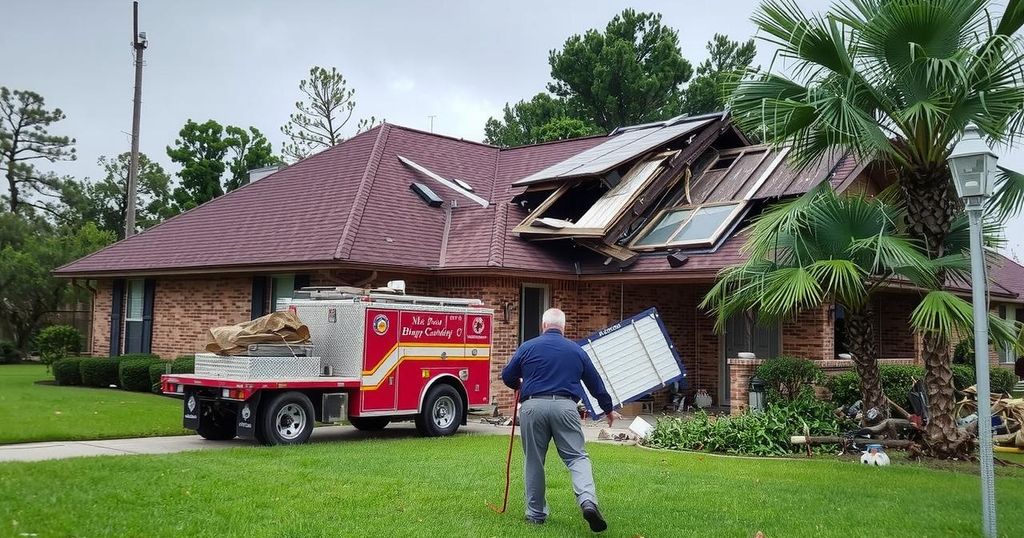World news
AFRICA, CABO DELGADO, DISASTER MANAGEMENT, EMERGENCY RESPONSE, FLOODING, INGD, MANICA, MOZAMBIQUE, NAMPULA, NATIONAL INSTITUTE FOR DISASTER MANAGEMENT, NATURAL DISASTER, NATURAL DISASTERS, NIASSA, SOFALA, TETE, UN OFFICE FOR THE COORDINATION OF HUMANITARIAN AFFAIRS, UNOCHA
Maya Ramirez
0 Comments
Mozambique Faces Humanitarian Crisis Following Cyclone Chido
Cyclone Chido has severely impacted Mozambique, affecting nearly 454,000 people, with 77,000 having received aid so far. A flash appeal for $88 million has been initiated to aid 320,000 individuals, while assessments continue to reveal extensive infrastructure and agricultural damage.
As of December 27, 2024, the aftermath of Cyclone Chido in Mozambique has drastically escalated the humanitarian crisis, affecting nearly half a million individuals across multiple provinces. The government and humanitarian agencies have initiated responses, with at least 77,000 individuals already benefiting from assistance within the first twelve days following the cyclone’s impact. A flash appeal has been launched to mobilize approximately $88 million, aiming to address the immediate needs of 320,000 persons, including over 156,000 women and girls directly impacted. Continuing assessments are likely to increase the number of affected individuals as further data is collected.
Cyclone Chido has had a significant impact on Mozambique’s socio-economic landscape, particularly in the northern regions of Cabo Delgado and Nampula, which account for the majority of those affected. The extensive damage to infrastructure, including the destruction of over 70,000 houses and numerous health facilities, complicates relief efforts and access to essential services. The extensive flooding that impacted more than 456,000 hectares, including croplands, poses a long-term threat to the livelihoods and food security of the affected populations.
In summary, Cyclone Chido has created a critical humanitarian situation in Mozambique, underlined by rising casualty figures, extensive infrastructure damage, and significant agricultural losses. The planned humanitarian response aims to mitigate these challenges by mobilizing substantial resources to assist affected populations. Ongoing assessments will provide further insight into the full scale of the disaster and the necessary interventions required to support recovery and rebuilding efforts.
Original Source: reliefweb.int




Post Comment